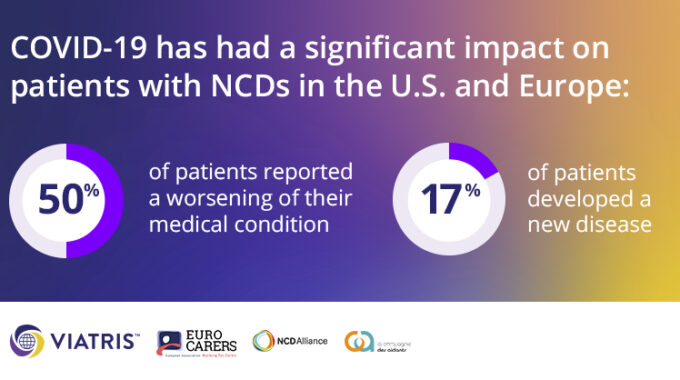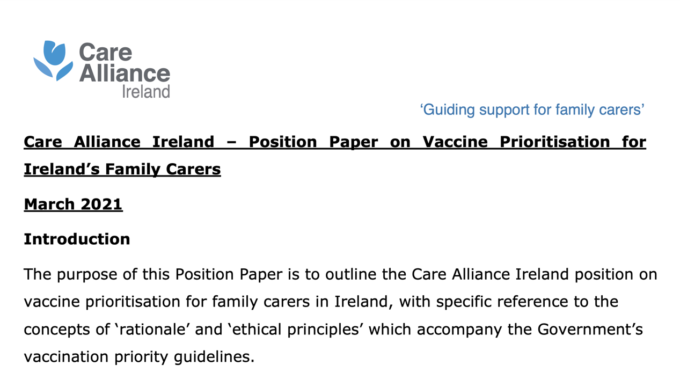
Covid-19 and care in Norway
Caring when the doors closed, both from the inside and from outside
Norways 800 000 carers (population of 5.3 million) provide almost half of the care for sick an disabled family-members and friends. That means that our health care system is working quite well and enables women to work paid jobs.
What happened when we had a lockdown from March 12th, in order to stop covid19 from spreading?
Home services and day care reduced their services or closed. Respite care closed. Hospitals cancelled surgery and treatments and rehabilitation programs were put on hold. Patients where being discharged in order to build up bed capacity. Schools and all universities were closed, and those who could, should work from home.
After the first 6 weeks we decided to do a survey – How were the carers affected when services closed? With inspiration from Carers UK and their report “ Caring behind closed doors “, we developed an enquete and sent out via our member organizations and via social media.
We got 1027 answers, 85 % woman, 15 % men. 59 % age between 40-69 years, 30 % 70+ and 11 % .
41 % care for elderly, 15 % for mental health and/or abuse, 24 % for children under 18, 18 % for young people over 18 years and 27 % for chronic illness or condition.
The dominant resultas were:
- 7 of 10 said their caring had increased during the lockdown
- 2 of 10 said their caring had decreased because of restrictions or limited visitation
- 1 of 3 were affected by closed daycare, school or respite
- 1 of 3 affected by cancelled treatments or rehabilitation
- 1 of 3 affected by other cancellations (transport, respite, support staff)
What do carers do more of
7 of 10 do more of mental support, 4 of 10 do more paperwork, 3 of 10 are doing more training or physical activity, 2 of 10 more personal care
After 6 weeks , how are the contact with the official services?
- 7 of 10 carers have not been contacted to see how they are doing
- 6 of 10 do not trust that they will be supported if they as carers get covid19 and can not care anymore
- 6 of 10 do not trust that they will be heard if they tell they don’t manage to care anymore
- 4 of 10 do not know who to contact in the crisis
All in all, these are not nice results and shows room for improvement. What advice do the carers give?
- Take contact with us !
- Give us information and a contact-person we can reach
- Make a plan that includes the support for carers and families of the vulnerable groups in a pandemic and for crisis!
We have a lot to learn and a lot to do. The covid19 revealed that in many cases we don’t have a plan A for carers. How can we then expect a plan B for crisis?
This is a small glimpse from Norway. We have managed the covid19 crisis fairly well but know our weaknesses better. So for better – for worse, this is knowledge we will use in our work for better conditions for carers in the future!
We strongly recommend to have a survey to have numbers to show to the Government in your countries.
Wishing you all the best summer you can have in these very strange times!
Anita Vatland
Managing Director Pårørendealliansen
Board member EuroCarers





